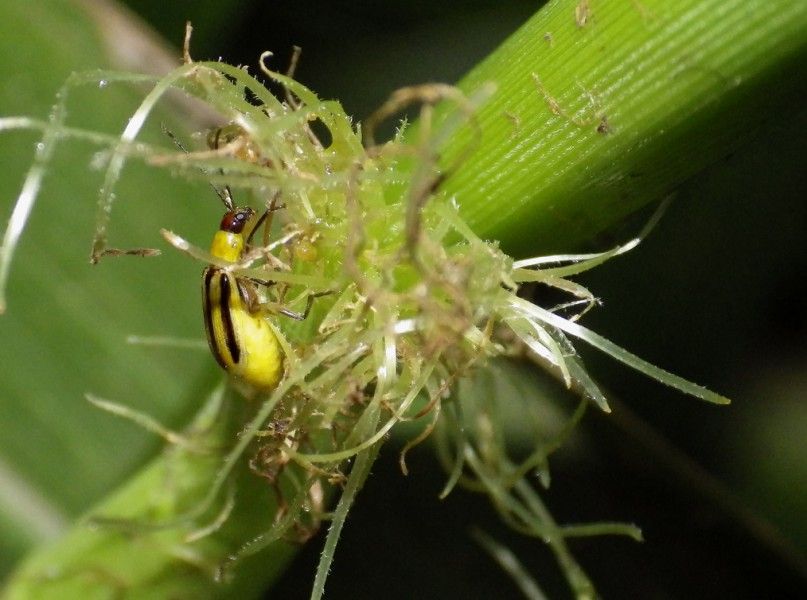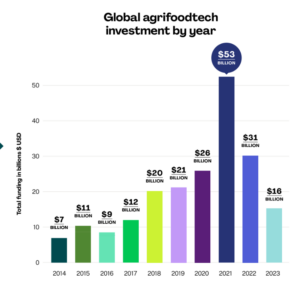Pest resistance is one of farmers’ worst fears.
Since 1990, the number of resistant-crop pests has doubled. Today, there are about 500 insects, 218 weeds, and 190 fungi pests that have shown resistance, putting some of the US’s major staple crops at risk.
A notable pest of recent concern is the corn rootworm. Proving many scientists’ fears and early detections to be true, the corn rootworm has now shown significant resistance to the GM Bt corn that makes up 75 percent of the US corn crop. Yikes.
This isn’t news to scientists. Bt Corn was originally introduced in the US in 1996, and farmers welcomed the seed with open arms as it avoided billions of dollars of crop losses. But showing signs of resistance since 2009, Bt corn is proving it’s not the end-all-be-all.
“Nearly five years later,” Dr. Bruce Tabashnick, head of the entomology department at the University of Arizona said, “the resistance has spread but decisive regulatory action by the EPA is still stalled, in part because an effective definition of resistance is lacking in this case.”
But it’s not all bad and devastating news, either, according to Tabashnik. He and a team of colleagues at the UofA have taken on the task to provide working definitions of 50 common terms for policy makers, farmers, and other concerned parties to use. Feeling that current definitions provide inaccurate blanket statements that address the “repeated failure of a product to achieve the expected level of control,” rather than “promote proactive detection and management of resistance,” Tabashnik says we need a better vocab when it comes to talking about crop resistance..
“Pests are remarkably adaptable,” said Tabashnik. “They usually evolve resistance to any tactic that’s used repeatedly to control them, so this problem is not limited to transgenic crops.”
Tabashnik has said that this year marks the 100th anniversary of the first reported case of insecticide resistance, and that rather than seeing resistance as a black-and-white issue, industry leaders must start seeing the gray.
“Finding ways to delay resistance,” he said, “is a never-ending challenge with any pest management approach.”
FEATURED PHOTO: Sarah Zukoff/Flickr

















Sponsored
International Fresh Produce Association launches year 3 of its produce accelerator